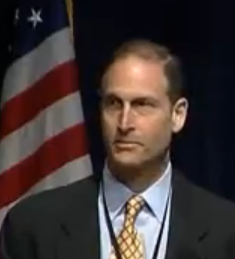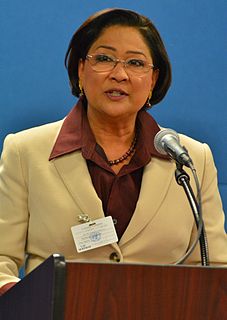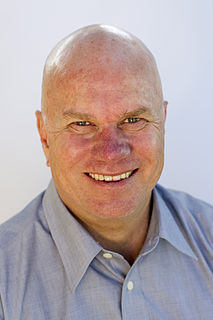A Quote by Gene Luen Yang
My first job was as a programmer. So I feel like I'm familiar with the information technology sector and the information technology culture.
Related Quotes
Contemporary technology could be used to eliminate ownership and management of corporations. It could be used to provide - lets say Apple computers. In principle information technology could be used to provide direct information to the work force on the ground so that they could democratically decide what the company would do, eliminating the role of management. It could be used for that. People aren't developing technology for that purpose.
We have seven pillars of development. India has a cutting edge information technology industry. We are setting up a technology park. We would like to see technology penetration iin education. Besides, we would like to see cooperation in industries like fashion, filmmaking, ship-building, education, health and energy.







































